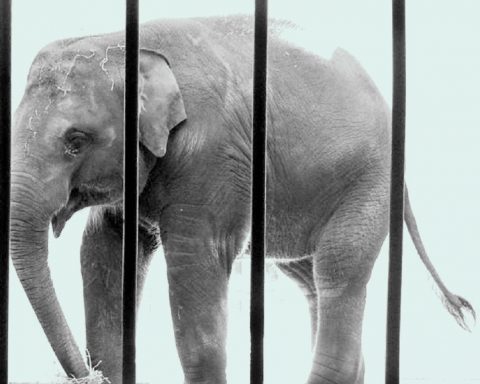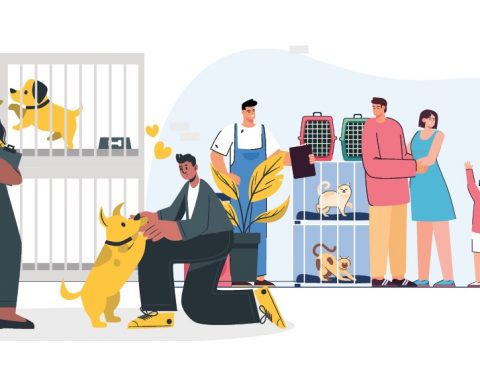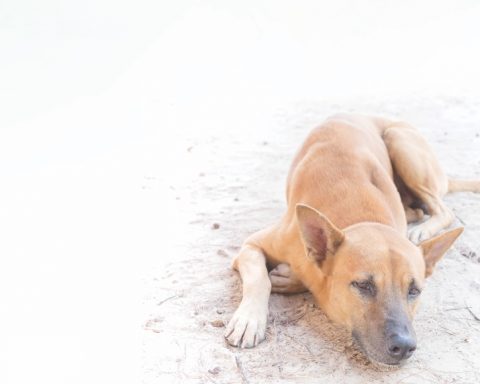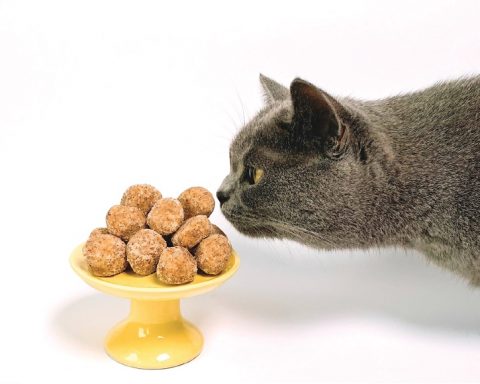CAN BAD TEETH CAUSE HEART DISEASE?
Cats and dogs are different on this front, with dogs tooth decay etc is a preventable problem whereas in cats with teeth problems there is often a genetic element to it . Dogs and cats are more susceptible to dental conditions because they are carnivores and therefore the pressure they can exert with their teeth is much greater than omnivores or herbivores. What this means is that any minor damage to teeth in these animals can escalate very rapidly.
With dogs dental decay is primarily due to the animals not chewing enough. Puppies have to be taught from a early age to chew hard objects so that they continue doing this for the duration of their lives.
The actual grinding and chewing action of their teeth on hard chews keeps the teeth clean of plaque and dental decay.
The dog that does not chew sooner or later has problems. The softer the diet the more rapid the onset of periodontal/ gum disease, accumulation of plaque, tooth decay and eventually tooth loss. If a dog doesn’t chew plaque starts to accumulate on teeth, the foreign material then start to irritate the gums, bacteria build up on the plaque. This hastens the receding of the gums, at the same time the plaque and bacteria damage the integrity of the enamel layer. Once this starts it is a domino effect, the infection gets worse, and the dog ends up rotten teeth. When the upper molars are contaminated this can result in abscesses that appear as swelling below the eye on the maxilla. In severe cases the infection can spread into the bone and cause osteomyelitis!! When dogs have this extent of tooth decay there is a high risk of bacteria embolising into the blood and lodging in the liver and in some cases on the heart valves. The latter can then cause murmurs and heart failure. The pain at this stage is substantial and the halitosis is enough to impregnate the atmosphere. To allow your pet to get to this stage is almost tantamount to neglect.
If your dog doesn’t chew then it will need regular dentals where the teeth are cleaned with an ultrasonic descaler and polished. This will have to be done at least once a year, otherwise the above will happen. So I can’t emphasise how important it is to get your dog to chew from an early age. Prevention is always better than cure.
Cats are different , there is often a genetic, allergic or infective element that contributes to tooth decay. In the wild cats hunt and the actual act of eating their prey has a cleansing effect on their teeth . High quality diets tend to have incorporated a harder texture in the pellets so mimic eating prey , softer and wet brands all the time could predispose your cat to dental disease.
In summary look after your pet’s dental health, he will thank you for it by living a longer healthier life .
For more information please phone
Gibraltar Vetinary Clinic on
200 77334






